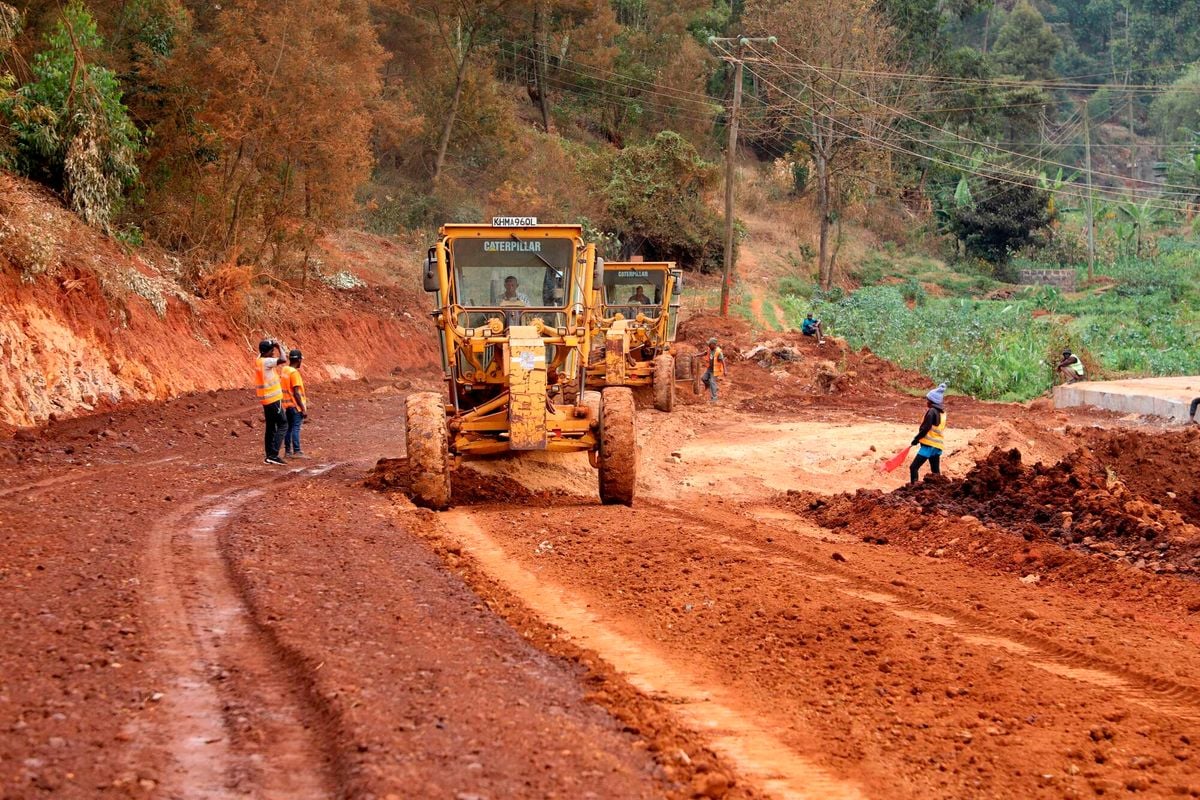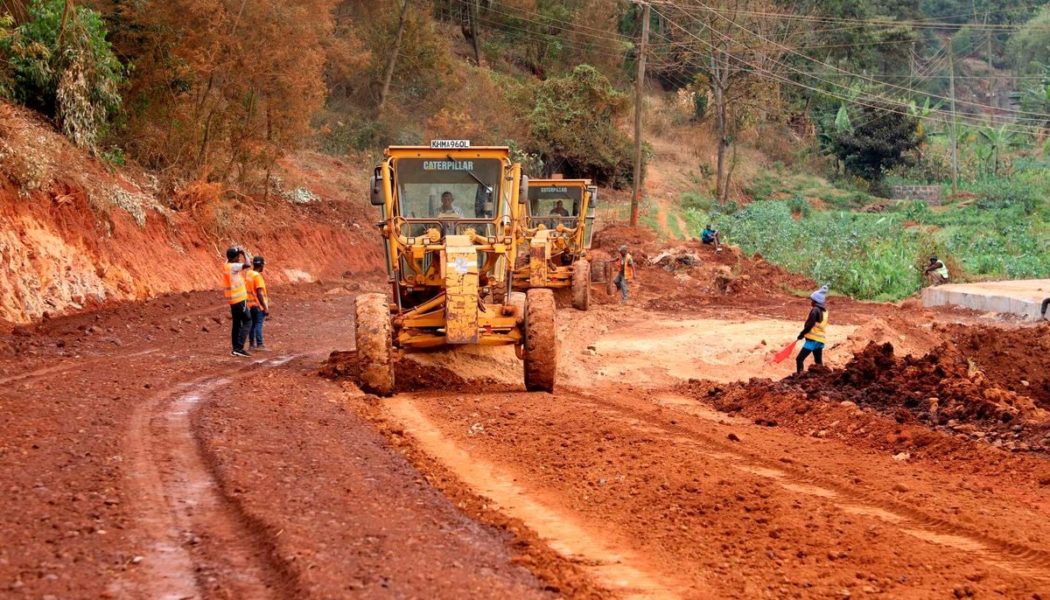
President William Ruto has cut planned spending on development projects by nearly four times the amount he cut from planned recurrent activities, despite pressure from youth-led protests whose primary concern was excessive luxury and opulence in the public service.
The reduction in spending comes in the wake of the shelving of the Finance Bill, 2024 which proposed higher taxes and attracted widespread opposition.
The revised budget for the 2024/25 fiscal year shows that while Sh122.2 billion was slashed from planned development, only Sh34 billion was reduced from recurrent activities such as salaries, travels and hospitality.
This means that for every Sh100 that Treasury removed from recurrent activities during the current fiscal year, it removed Sh360 from development projects.
The huge cut on development projects means that millions of Kenyans will miss out on various services such as electricity connections and road upgrades.
With the heaviest cut of Sh18.5 billion on planned development projects, the energy sector has been the hardest hit, and the funding cut means that at least 100,000 customers who were meant to be connected to electricity in the year to June 2025, will remain in darkness.
“The gross Approved Estimates for the State Department of Energy have been revised from Sh69.7 billion to Sh51.1 billion under Supplementary Estimates No.1,” Treasury notes.
The development cut will also see planned erection of 10,000 streetlights across the country not implemented, and the completion of the Narok- Bomet transmission line reduced from 40 to 30 percent.
A Sh14.1 billion cut on planned spending for roads construction and repairs also means that more than 1,700 kilometres of road projects will not be implemented.
Key roads affected include the dualling of Nakuru-Mau Summit Road, where the new plan is to acquire just 20 percent of the land, down from the initially planned acquisition of 50 percent of the land.
Fifteen projects under the low volume seal roads have also been hit by the cuts, affecting more than 800km roads in different parts of the country, with another 854km roads under the critical emergency intervention roads also affected.
In the education sector, Treasury’s revision will impact four million pupils who were meant to benefit from the school-feeding programme, with its funding cut entirely raising prospects of increased dropout levels.
Other than the school-feeding programme, the budget revision also lowered planned construction of classrooms in primary and junior secondary schools by more than 1,700 classrooms and will also affect learners with special needs.
“The changes in the financial year 2024/25 supplementary estimates are within the primary education, secondary education, quality assurance and standards and general administration, planning and support services programmes,” Treasury notes.
“The details of the changes are reflected under individual Programmes.
“The targets for the affected programmes have been adjusted accordingly.”
The Treasury also cut Sh2.2 billion from planned digitisation and financial inclusion of medium and small enterprises, Sh1.7 billion from planned investment development and promotion, Sh609.9 million from youth development and empowerment services, and Sh1.1 billion from planned upgrade of e-government services.
But while the cuts on development projects and programmes across different sectors have been dire and widespread, Treasury has, however, not matched reduction on planned recurrent spending in the public service, which would have addressed the root cause of youth-led protests leading into the budget revision.
While the Sh122.2 billion cut on development projects and programmes was more than 16 percent reduction from the original development budget of Sh746.3 billion, the Sh34 billion reduction on recurrent spending was a mere 2 percent cut from the original budget of Sh1.63 trillion.
Pushed to the corner to cut excesses in his government, President Ruto instead went for the money allocated to roads, power connections, small enterprises and youth support.
The government says higher taxes are required to address the country’s heavy debt burden while those opposed to the taxes have argued that the State needs to also reduce spending, especially on recurrent items.









